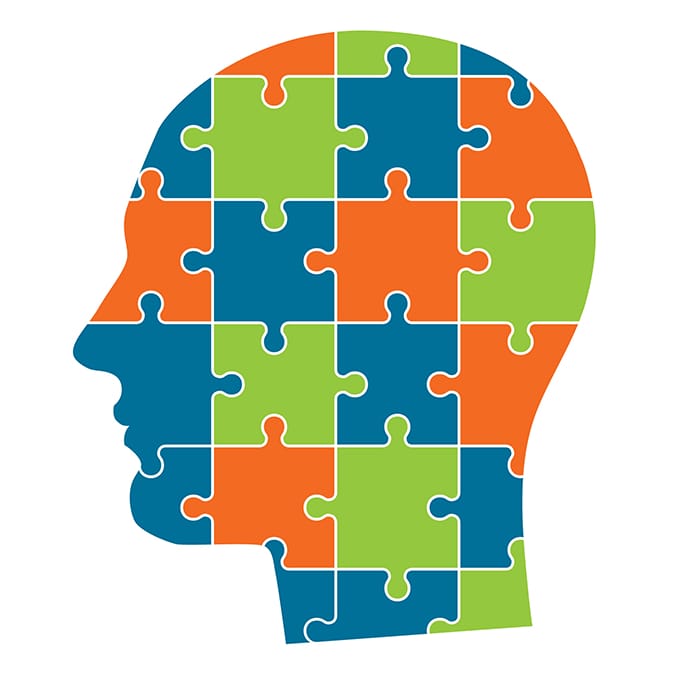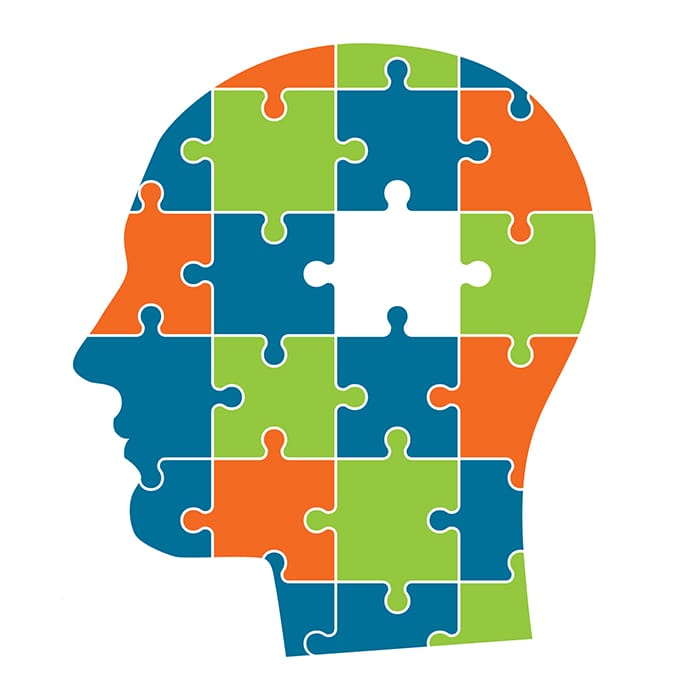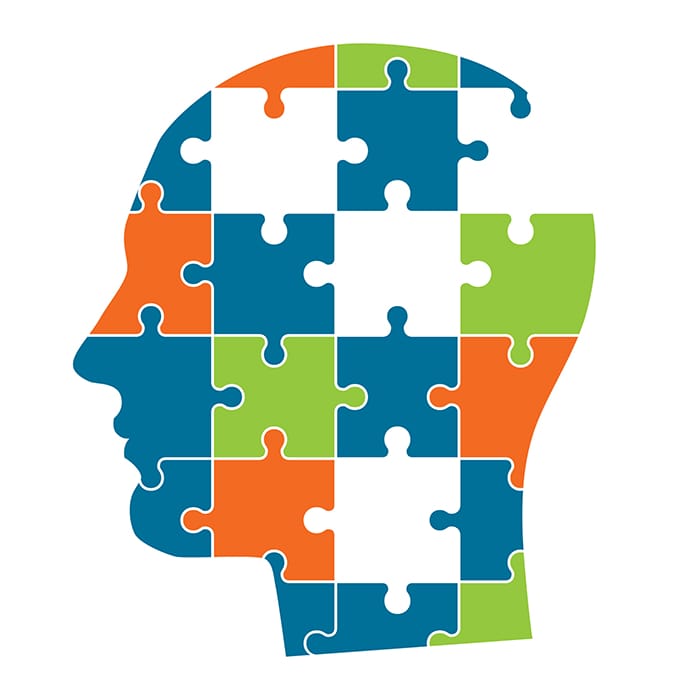We may think of it as a disease, but dementia is a group of cognitive and emotional symptoms caused by certain diseases, including Alzheimer’s (the most common cause of dementia), aphasia, vascular dementia, Lewy body dementia, and endocrine problems.
Dementia often is talked about in stages, usually three, but some models are categorized in seven stages, explains the Alzheimer’s Society of the United Kingdom. No matter the number of stages, keep in mind that each one is flexible–none of them are one-size-fits-all. Some symptoms can appear in a different stage or even overlap between stages, and one person living with dementia will move through the stages differently than another.
In addition to cognitive and emotional memory loss, dementia also affects Activities of Daily Living (ADL). These activities include bathing or showering, using the toilet, dressing, getting in and out of bed or a chair, walking, and eating. During each stage of dementia, disease progression causes a decline in daily activities.
Stages of Dementia
The Alzheimer’s Society describes some of the most common symptoms that occur during each of the three stages of dementia:

Early
- Difficulty finding the right words / word recall
- Difficulty completing more complex tasks like cooking or paying bills
- Onset of memory problems that may appear as forgetfulness
- Ability to complete Activities of Daily Living independently or with minimal assistance

Middle
- Increased memory problems, making it difficult to learn and retain new information
- Onset of repetitive questions and/or /behaviors
- Increased wandering
- Incontinence
- Sundowning, a form of agitated behavior that occurs in the evening and nighttime, that may include anxiety, pacing, hallucinations, disorientation, or difficulty sleeping
- Increased need for assistance with daily activities

Late
- Inability to recognize close friends and family
- Primary use of their native language (if English is their second language)
- Loss of physical abilities such as walking, talking, or maintaining control of their bladder or bowels
- 24/7 care required
Knowing what occurs during each stage helps families, friends, and caregivers better understand what a person living with dementia is experiencing. This knowledge also increases awareness of what changes lie ahead as dementia symptoms progress.
At Central Baptist Village, we offer three tiers of support for all three stages of memory care. We also provide many activities to keep your loved one engaged in daily activities, such as art therapy, listening to music, and socializing with others. Our staff is dedicated to ensuring that residents are safe, comfortable, and happy.

